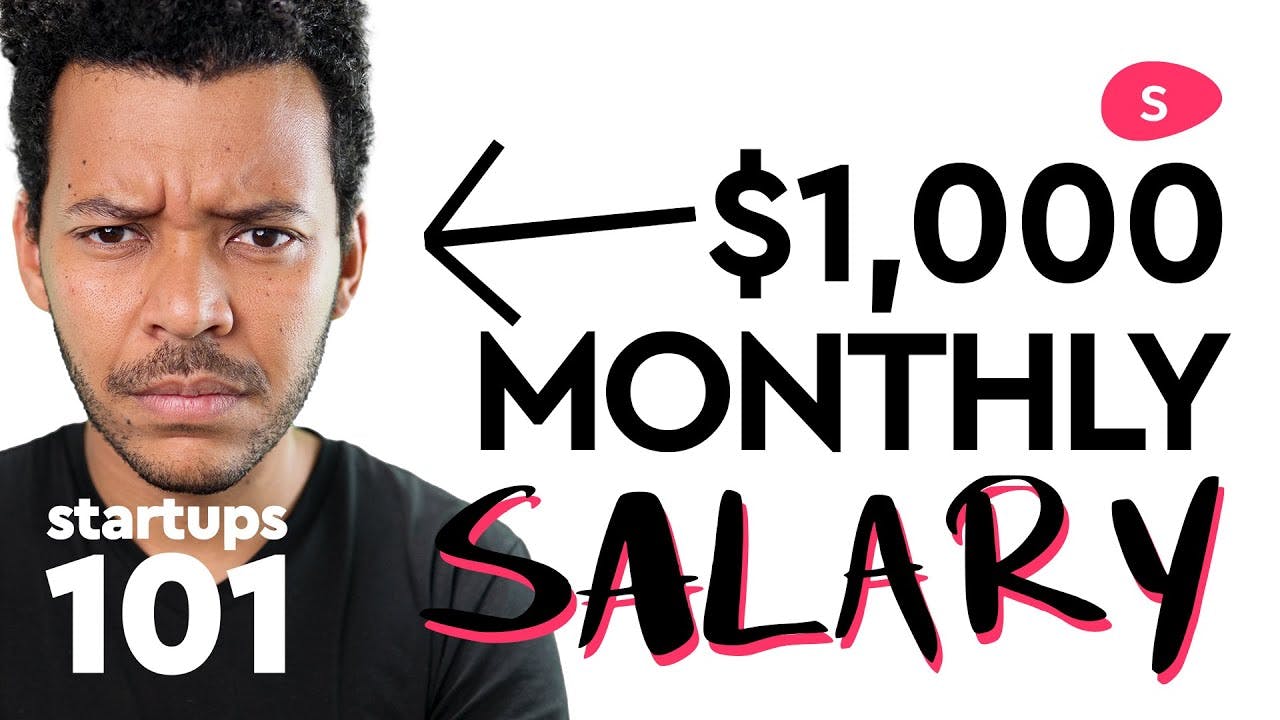Founder Salaries and Stock Vesting - Startups 101
15 Nov 2023 (2 years ago)

(0s) Founders, Stock Vesting, and Salaries in Startups
- Setting clear founder agreements on equity and salary is critical in startups.
- The storyteller faced hardships due to lack of salary definition, accumulating significant credit card debt.
- Equitable stock distribution is advised unless additional value (e.g., traction, funding) by one founder justifies imbalance.
- Vesting agreements protect remaining founders if one leaves early, usually with a 12-month cliff and 4-year vesting term.
- The importance of filing an 83(b) election in the US is highlighted to avoid tax complications.
Salary Agreements and Founder Dedication
- Salary agreements define compensation to accommodate founders' varying personal circumstances.
- In the case of no initial funding, founders might still have side jobs or projects.
- At Slidebean, founders started with equal salaries, adjusted cash flow priorities accordingly, and treated consulting projects as company revenue.
- Setting a cap on the time founders can go without a salary and establishing the salary's priority in cash flow is important.
- Drafting, signing, and committing to a written agreement, even if not legally vetted, is recommended.
Practical Tips and Personal Experiences
- Salaries should be based on realistic company affordability and may be adjusted for cost of living differences.
- Founders' personal funds should be treated as investments, with fair stock compensation, rather than covering unequal salaries.
- Openness in founder relationships is essential to navigate changes, such as the storyteller becoming a father shortly after starting a business.
- Viewers are encouraged to share their experiences with founder equity distribution for community learning.
Support for the Content and Platform Promotion
- The creator appreciates feedback and shared experiences.
- The video production is costly and time-intensive, with requests to share the content and try out the AI-presentation platform.